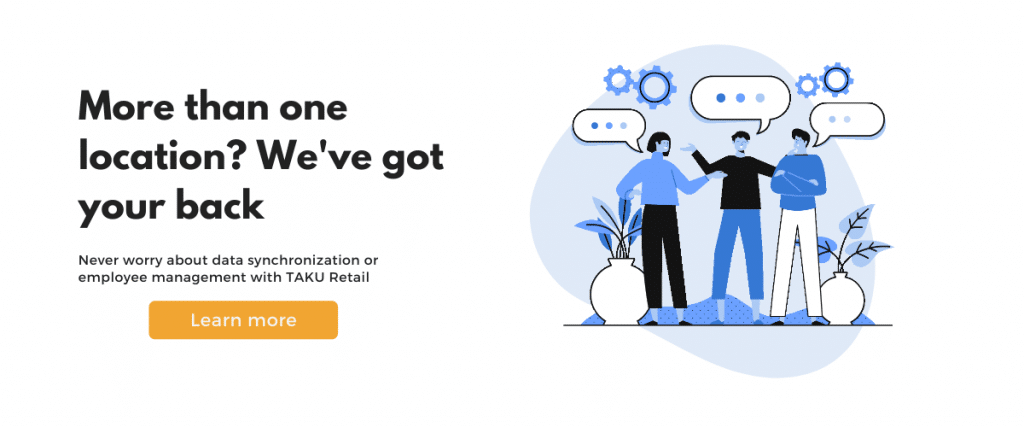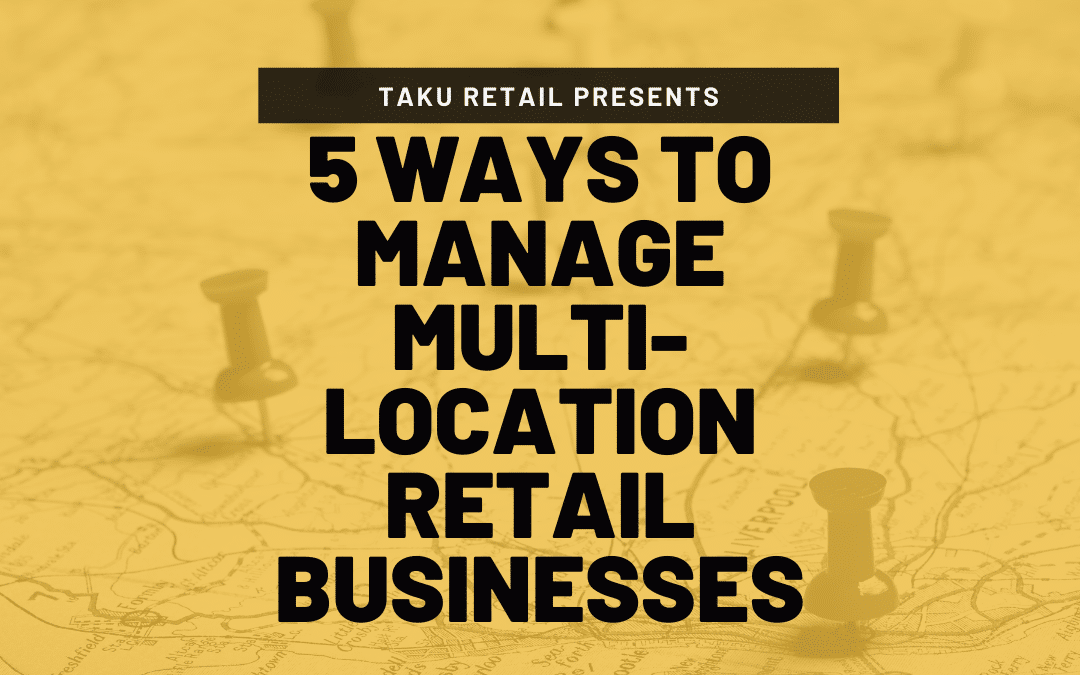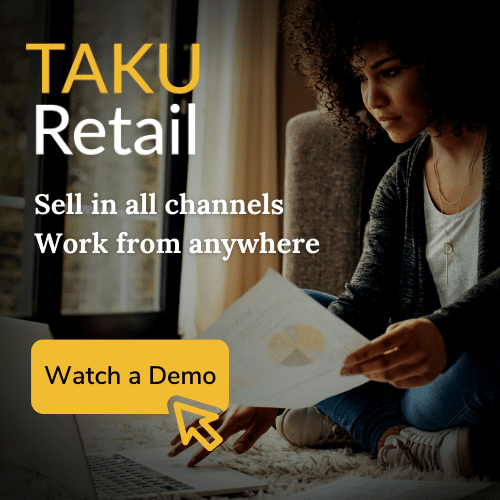Multi-location retailers have more issues managing multiple stores because no one can be at more than one place at a time. In order to run a multi-location business, even when you are not always there, you should look at processes that have an impact on productivity and customer satisfaction. We have put together a list of things to help retailers manage their multi-location retail businesses, so that their business can run smoothly no matter where they are.
1. Establish Standardized Operating Procedures (SOPs)
Multi-location means that you will have different people working in stores that may not interact with each other on a day-to-day basis. Managing each store effectively means standardizing and automating processes so that they all run with the same efficiency. These processes can range from onboarding new employees, delivering product knowledge, processing returns, to updating inventory.
While it’s not easy finding the resources and time to document processes, having something written down will significant speed up future training and make it much easier for staff to understand your policies and procedures. The most successful retailers are those who can a provide consistent experience to customers across all locations. After all, the experience a customer has in a store is a significant part of the brand image of a retailer.
2. Use cloud technology to centralize and streamline your business processes
Cloud technology helps sync up and organize inventory, customer history, employee performance, sales, and cashflow. This means that you can manage your entire business from a single system. Having a centralized location for all business data allows retailers to get accurate, real-time feedback into how their business is running and identify any gaps in their workflows.
One of the best parts about using cloud technology is that it gives you mobile accessibility. You’re no longer tied to a single computer and can have access to your business data on-the-go to see changes in your store as they happen. While some solutions will give you access to your sales data from anywhere, a lot of the modern, new cloud retail management systems will let you access and manage all of your business data so that you can run your store from anywhere.
Another benefit to using cloud technology is that it automatically helps you backup your business data in the cloud. Unlike older store systems which require manual backups or expose you to hardware failure, even if you lose power during a storm, all of your business information will be safely stored in the cloud. And as long as you have smartphones, you can continue to sell using mobile devices.

3. Improve retail business inventory control
It is crucial to have accurate inventory and stock data at all times. One of the major problems with running a multi-location business is that it is much harder to keep your product information in sync. This has only gotten worse since the pandemic started since more retailers are also selling online. The best retail companies are those that use technology that gives them visibility into their inventory and stock levels at every point of storage. Having products available exactly when customers want to buy them is best in an ideal world but helping customers (e.g. shipping to their home or directing them to another location) even when a product is not in stock is key to customer service and closing every sale.
To read more about inventory control, check out our latest blog post: What is Inventory Control and Why is it Important?
Other ways to control your inventory include keeping an eye on your re-stocking schedule (which requires knowledge of lead times and seasonal availability) as well as your minimum stock levels. This is so that stores are able to re-fill stock before selling out.
4. Use a single commerce system
To make sure that store data and reports are all in-sync, retailers need a single, smart commerce system that can handle both store sales and online orders. Combining your POS and e-commerce processes into a single system helps you determine what products should be carried, which items are bestsellers across different locations or online sales channels, and which products need to be discounted or discontinued across your entire business. Using a single system also helps employees deliver the same experience to customers wherever they shop.
5. Secure your data
In order to comply with local and national privacy laws, retailers need to do their best to protect the privacy of both customers and employees. Finding the right software and hardware to manage sensitive information is key to building customer trust and keeping retail businesses healthy.
TAKU Retail stores customers data on separate databases to minimize the risk of privacy breaches. Read more about our security features here.
Want to know more about our multi-location capabilities? Read more.



